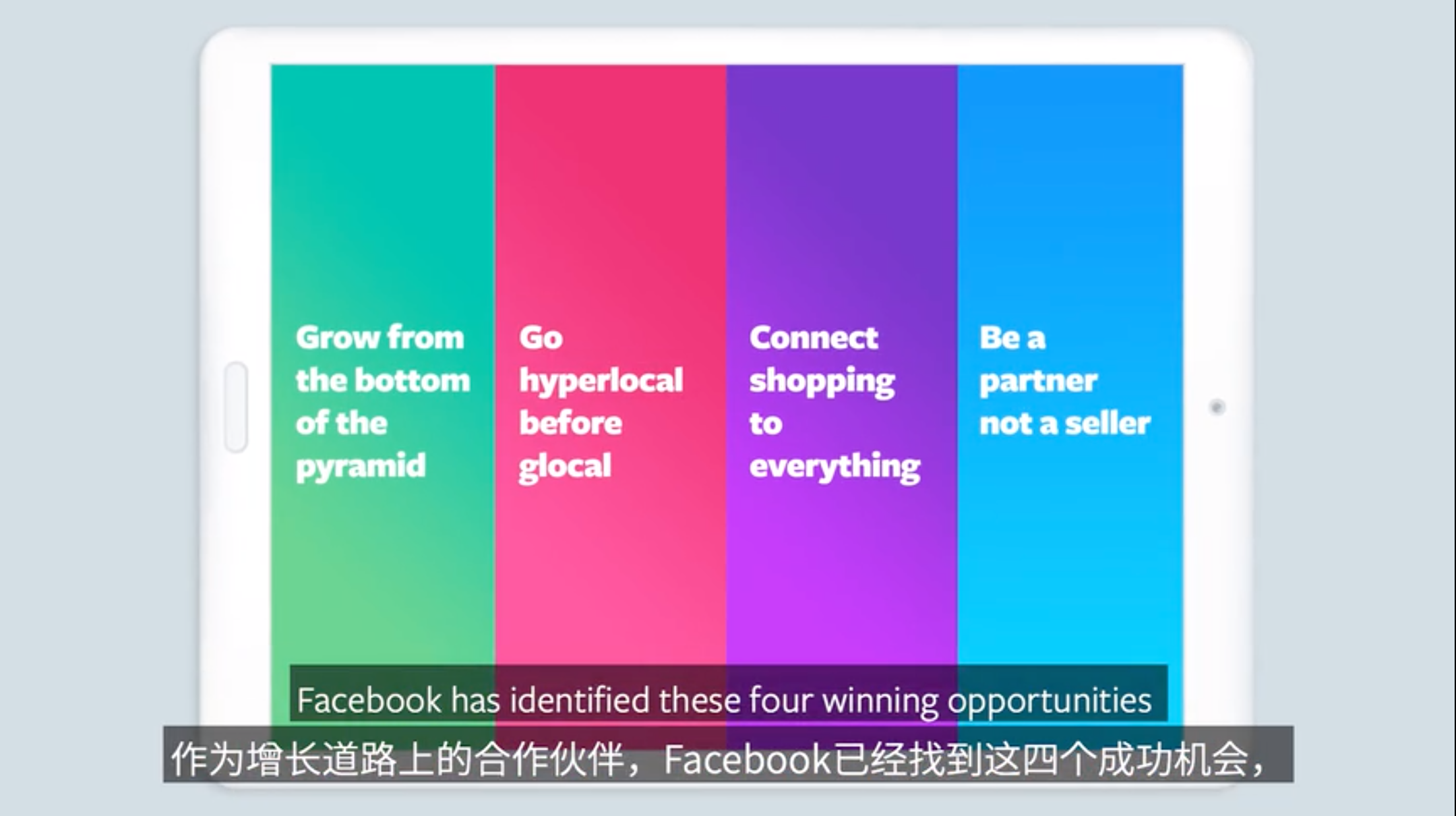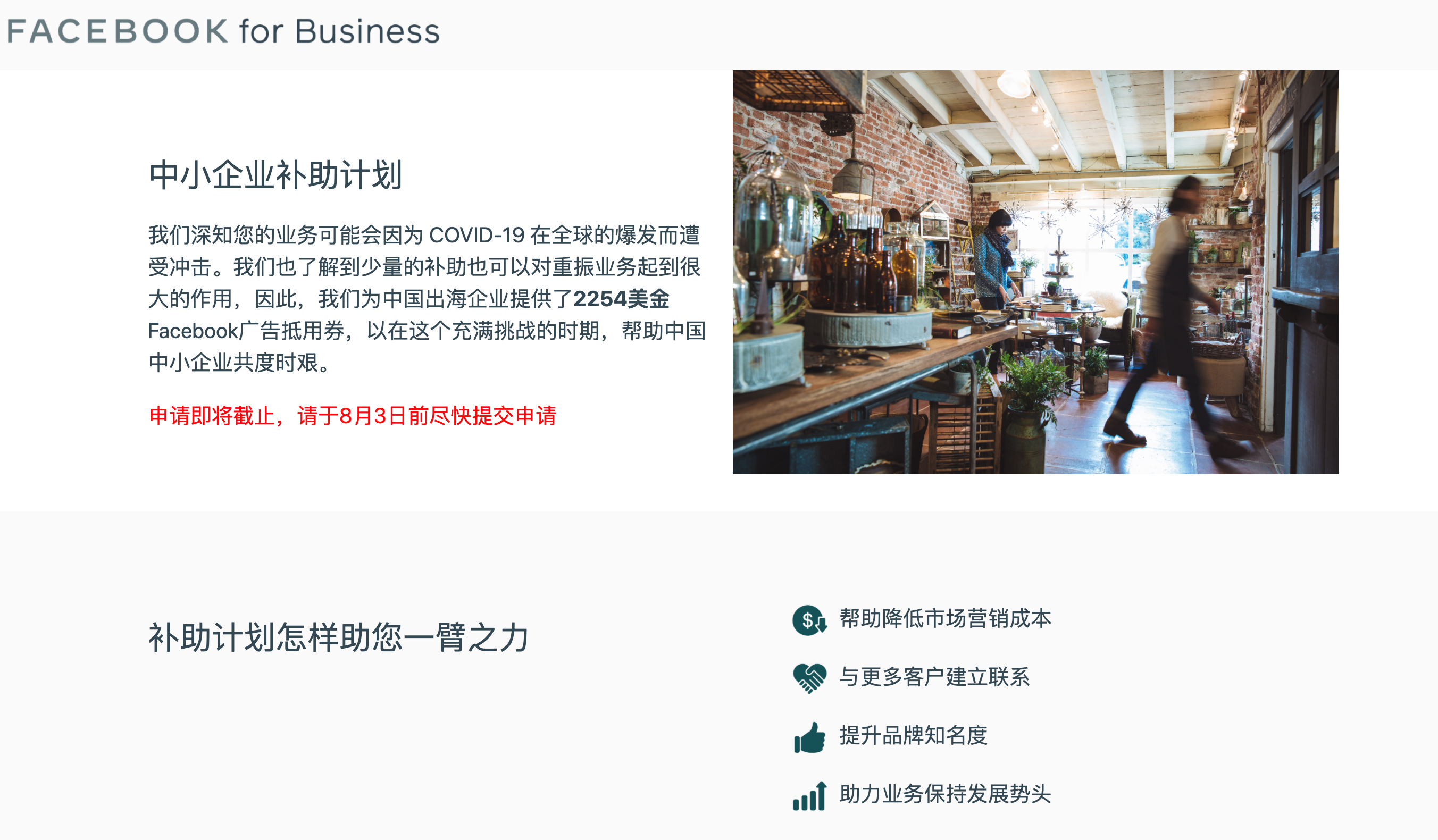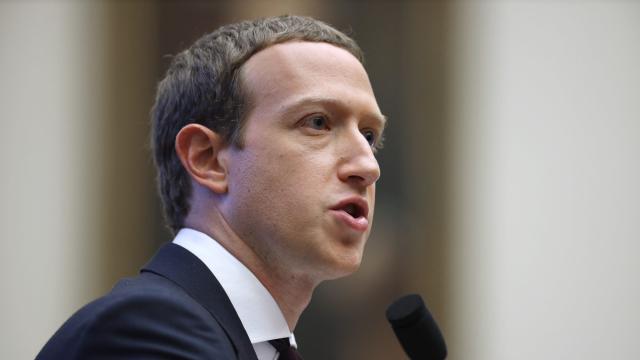Anyone who’s covered the wacky world of tech policy for any time at all probably has some ideas about how today’s major antitrust hearing will go down. Some think Jeff Bezos’s overall net worth will become part of the debate. Tim Cook will be grilled over Apple’s firm chokehold over the mobile app ecosystem. And no matter what, Mark Zuckerberg’s going to be as American as he possibly can be.
It’s certainly a… choice to paint a win for Facebook as a win for national security against a foreign nation that happens to be in the sitting president’s line of fire, but it’s also a choice that Facebook keeps making. He’s used it in defence of Libra, Facebook’s cryptocurrency. He’s used it to denounce rival social media giant TikTok, whose CEO, Kevin Mayer, dragged Facebook today for attacks on the company “disguised as patriotism and disguised as patriotism and designed to put an end to our very presence in the U.S.” He’s used it to argue against the calls to “break up” his company.
But behind the scenes, Facebook has managed to claw billions of dollars from China, with more on the way. Even though Facebook’s apps and websites have been banned in the country for more than a decade, Gizmodo found proof that the company’s spent the past two years quietly engineering backdoors into its ad platform to give Chinese companies seemingly the same tracking and targeting abilities we’ve come to know and loath here in the states. And despite the fact that its partners in the region can’t seem to stop fucking around with data sourced from the states, Facebook — at least in this case — seems to be putting profit before patriotism and privacy, even if Zuck’s telling Congress anything but.

Facebook hasn’t necessarily kept quiet about trying to sneak past their ban in the Mainland. In 2017, it tried to smuggle a photo-sharing app into the country. Then it tried opening a startup incubator in Hangzhou, a tech hub and home of tech giant Alibaba. Local authorities immediately shut it down. Last year, a senior company source said there was no way to crack into China “for the foreseeable future.” This year, Facebook confirmed it was setting up shop in Singapore to be more hands-on with local advertisers. Since then, Facebook’s newly expanded (and government approved) office in Hong Kong has started hiring for roles like company “evangelists” to pitch Facebook’s ad products to folks “across Greater China.”
Bitter rivalries with local apps notwithstanding, Facebook has every right to be this thirsty for an entire damn country. The company makes close to 99% of its revenue from digital ads, and while the U.S. is the frontrunner in the ad-spending space, China ranks second place, albeit by a mile; by the end of this year, analysts expect advertisers in the U.S. to spend a little over $US134 ($187) billion dollars on digital ads, while China’s expected to spend a little more than $US39 ($54) billion.
But $US39 ($54) billion is still $US39 ($54) billion, and Facebook — like any good monopoly — is going to do its darnedest to get a piece of this pie by any means necessary. And as it turns out, this is where the company’s crushing dominance on U.S. soil comes in handy; as the New York Times pointed out when discussing the company’s ambitions in the region last year, Chinese brands, like, say, gaming-behemoth Tencent, who want to reach U.S. audiences have turned to Facebook to do it. As a result, Facebook’s landed itself among the top-10 largest internet companies in China, despite its CEO (ostensibly) being among the country’s biggest critics.
Of course, because Facebook’s platforms are banned in their country, advertisers in China looking to reach a Western audience don’t have much experience on Facebook itself. And because the digital ad ecosystem in China is even more of a nightmare than what we have in the states, they might not have much experience with buying some sweet, sweet ad space from a western company. This is why Facebook works with a handful of handpicked local digital-ad and data behemoths to act as liaisons between China’s wallets and Facebook’s newsfeed. Meetsocial, a company the Times profiled back in 2019, is one, but there are a few other familiar names that are detailed on a little-known website for advertisers based in the region that Facebook registered back in 2016.

According to Facebook’s site, one of these companies is Beijing-based Cheetah Mobile, which you might know from being implicated in acquired a few years prior:
In December 2018, Facebook suspended the advertising collaborations with us. The suspension does not impact our role as a Facebook advertising reseller through HK Zoom, a subsidiary of us. The reason cited by Facebook was that our company’s certain apps were not in compliance with Facebook’s policies.
The company added that a subsequent review of Cheetah’s policies by Facebook found that “[its] handling of Facebook user data is compliant with the relevant data protection requirements in relevant Facebook policies,” adding that in spite of that, “Facebook has not resumed the collaboration with us.” Despite the alleged cut ties, Facebook’s still advertising the Cheetah brand name atop its Chinese partnership page, and Cheetah still brands itself as a “Facebook Authorised Agent.”
Aside from those “authorised resellers” like Cheetah, Facebook also works with a rotating crew of smaller local partners — 22 of them as of this writing, to be exact — that focus on working with specific types of folks looking to market, say, games, banking products, or anything e-commerce-adjacent. And because Facebook’s ad-serving platform is built by funelling data from consumer’s phones and into advertiser’s hands, that means that these companies, supposedly, are getting ahold of consumer data in the States or anywhere else that Facebook’s 2.6 billion global users might leave a digital footprint.
In other words, Facebook’s partnerships here might implicate the company in the exact same cross-border shenanigans that landed TikTok, owned by Chinese firm ByteDance, on a federal watch list, even if Facebook isn’t keeping any of its data servers within China. And even though Facebook’s clamped down on some of its data-sharing practices to keep another Cambridge Analytica from hitting it again, we’ve found that some app developers don’t give a damn about flouting Facebook’s (paper-thin) rules.
Meanwhile, Facebook seems especially eager to paint itself as the answer to cross-border commerce during a time when the topic is rife with its own set of political issues. Recently, the company set up an active grant program, offering Shanghai-based businesses hit by the pandemic $US2,254 ($3,144) worth of ad dollars — noting they can only apply if doing business overseas.
Facebook did not respond to our request for comment on its relationship with Cheetah Mobile or its partnerships with other Chinese businesses.
Concerns over our data — whether valid or otherwise — aside, we’ve already seen the real, tangible harm that comes with letting global advertisers microtarget users abroad. Back in March, Stanford University researchers found Chinese-state media outlets using ads to drive English-speaking audiences to their page, where they pushed their own aggressively positive spin on the whole pandemic thing. We’ve also seen them run subtle and not-so-subtle English-language propaganda. And even if Facebook tries to snuff out every disinformation-y ad that runs, it’s proved again and again that it’s going to do a terrible job.
As Zuckerberg told members of Congress in today’s antitrust hearing, “China is building its own version of the internet focused on very different ideas, and they are exporting their vision to other countries. As Congress and other stakeholders consider how antitrust laws support competition in the U.S., I believe it’s important to maintain the core values of openness and fairness that have made America’s digital economy a force for empowerment and opportunity here and around the world.” But it may be that other core American value Zuckerberg failed to mention that’s driving Facebook’s direction: Make that money.
Editor’s Note: Release dates within this article are based in the U.S., but will be updated with local Australian dates as soon as we know more.
